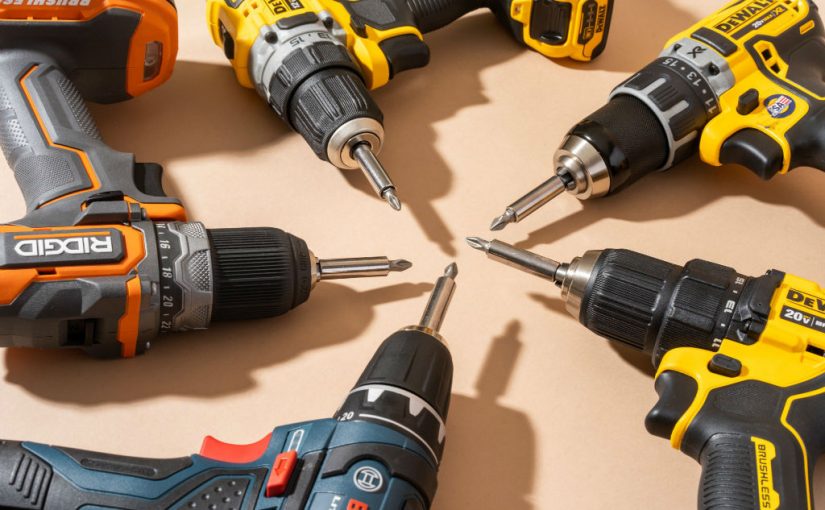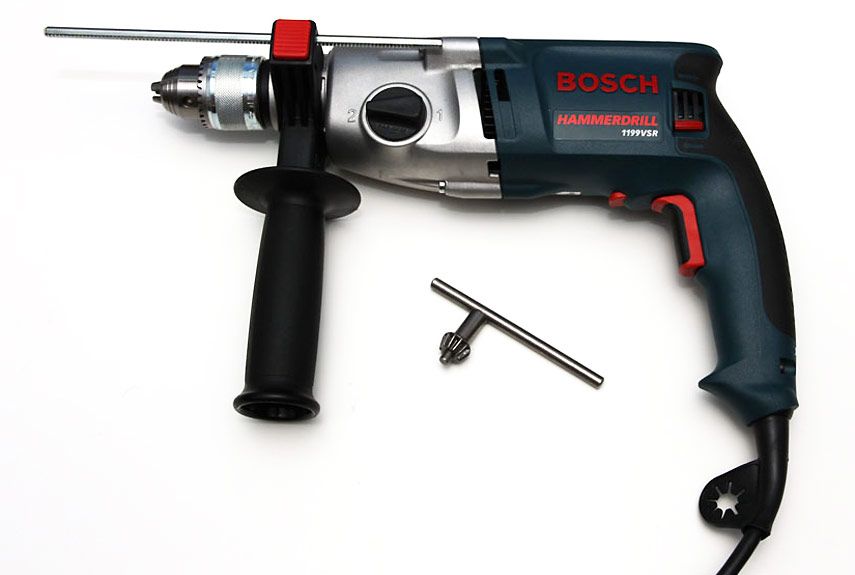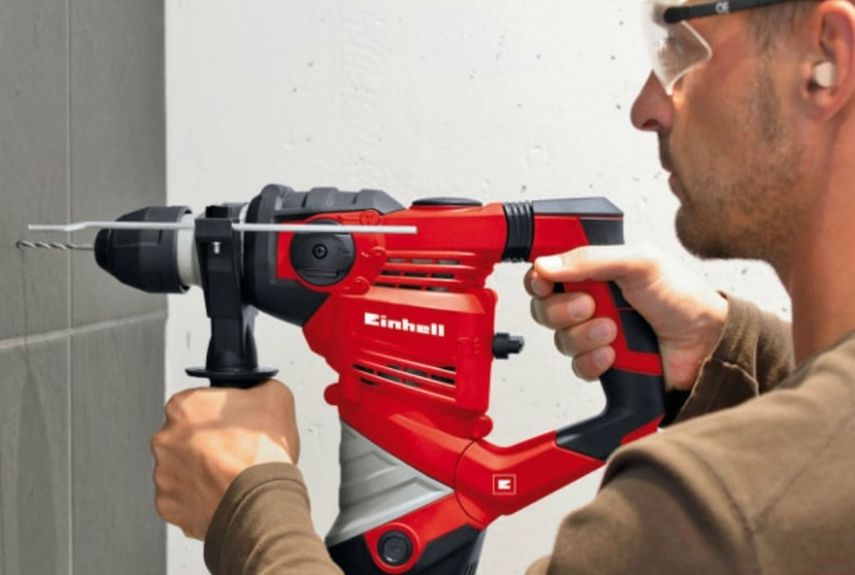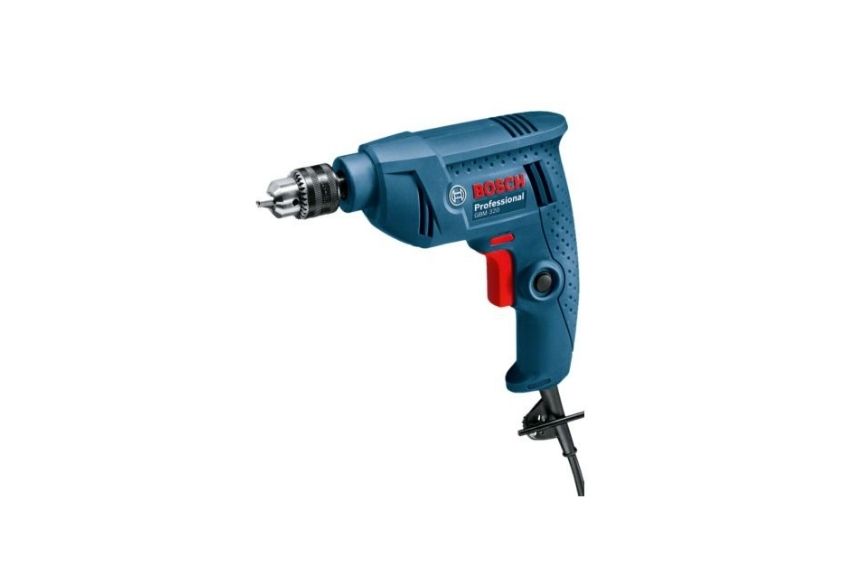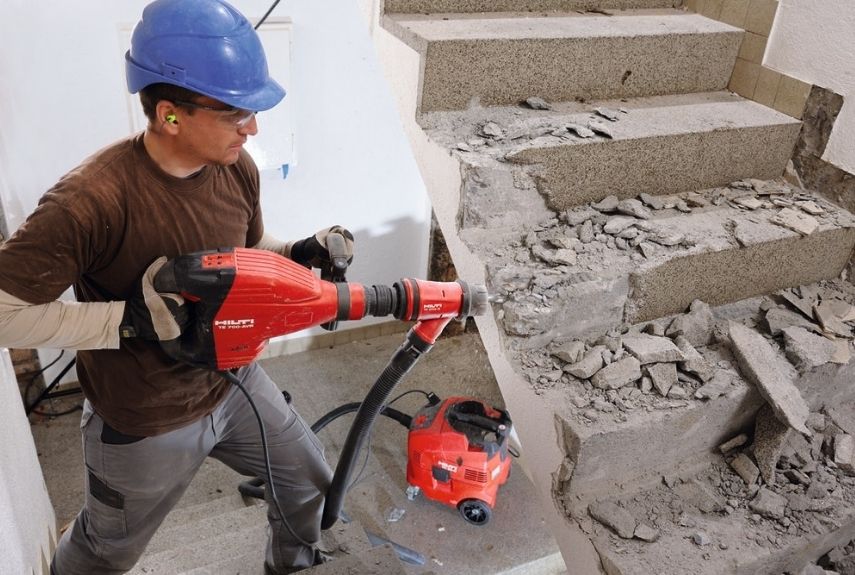How often have you benefitted from concrete drilling in the past? While that may seem like an odd question, think about all those shelves, paintings and lights. Now imagine how much drilling and cutting would have been done during construction of the home or building you’re sitting in. When you walk through doors, look out windows, use your home’s plumbing, turn on a light switch, and so many other daily tasks, remember that safe, precise and professional concrete drilling in Melbourne played an important role in how it came to be. So today, we’re taking a dive into the various types of concrete drill that are out there.
But before we get into that, let’s pause for a moment and consider the task of concrete drilling itself. What is beyond doubt is that drilling through concrete is difficult – and even dangerous. Although concrete is notably hardy, it’s a lot, lot harder to drill into than most other materials like wood or plasterboard. In fact, if you try to drill into it with a normal drill, you’ll immediately discover the scale of the problem on your hands.
Although there are a huge number of ‘concrete drills’ out there, the main types tend to fall into these distinct (and overlapping) categories:
- Impact drills
- Non-impact drills
- Hammer drills
- Rotary hammers
The exact types of concrete drill needed for a specific task depends entirely on that job at hand. Is it just a simple drilling task, or will it be part of a cutting task – or is the concrete even being demolished?
Also to be considered is:
- The required accuracy
- The concrete type
- The hole size/number/depth.
When dealing with concrete, the professionals will almost always be heard talking about ‘hammer’-type drills – meaning extra power is delivered directly to the bit via a powered ‘hammer’ action. In this category, there are various types:
- Rotary hammer
- Demolition hammer
- Combination hammer
- Breaker hammer.
Given the names, you can probably start to get an idea about how they function – bearing in mind that each category then features various products ranging from lighter applications all the way up to industrial-level, heavy-duty jobs commonplace on the most significant construction projects.
To make it all a little clearer, let’s explore with a little more detail some of the more distinct and common concrete drill types used by industry professionals each and every day:
1. Regular hammer drill
A small tool with a special bit capable of light drilling into concrete with the drill’s powered pushing and vibrating action. Capable of 12mm diameter holes.
2. Regular rotary hammer
More efficient than the above, capable of drilling 100mm diameter concrete holes. The extra power is possible due to the piston-crankshaft/electropneumatic design that enables a powerful turning and hammering action.
3. Non-impact drill
It’s still possible to use a non-impact drill for much larger holes of up to 250mm and more. But the key to that will be the bit’s diamond-embedded teeth, which – despite the lack of powered impact – will slice into the concrete due the diamond’s incredible strength. This type of concrete drilling, however, can be time-consuming, and heat (and the need for water cooling) can be an issue.
4. Combination hammer
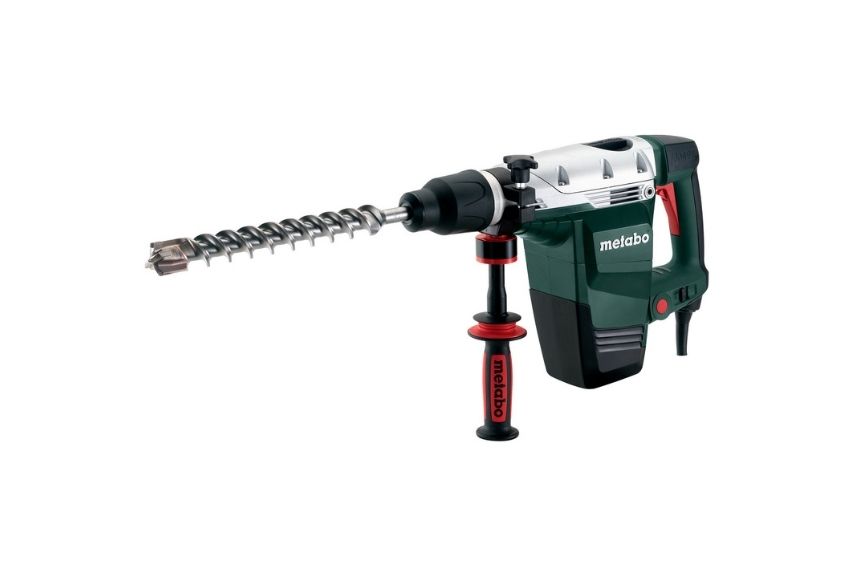
For bigger holes in tougher concrete, and jobs involving demolition, there is the combination hammer – with features of the aforementioned drills combined with heavier-duty electropneumatics for powerful impact.
5. Demolition/breaker hammers
Whilst not technically a ‘drill’ (because the bit doesn’t actually rotate), we’re including the demolition hammer here because the task at hand often involves chiselling or breaking concrete – and this is the tool for that. Remember: while a ‘demo’ hammer whacks that concrete, and whacks it hard, a breaker hammer hits even harder than that!
Do you feel ready to start drilling into concrete? First, consider this:
- Concrete dust is dangerous
- Safety is key and requires special equipment & training
- Poor drilling can compromise structural integrity
- Good concrete drilling is all about extreme precision.
To get your concrete drilling task done right the first time, it’s not just about grabbing the right tool. It’s about pairing that tool with a specialist, qualified and experienced concrete cutting and drilling company, who is fully up to date with all the right techniques for efficiency, mistake-minimisation, high precision and safety.
Why not ask Hard Core VIC to help?
Here at Hard Core VIC, we’re ready to support your next Melbourne concrete cutting or core drilling project – no matter how big, small, simple or complex it may be. We always combine the latest and best in concrete cutting/drilling equipment with the most professional, reliable and affordable service all across Melbourne and surrounding suburbs out to the Mornington Peninsula and beyond. Need concrete drilling? Why not get in touch with Hard Core VIC today?
